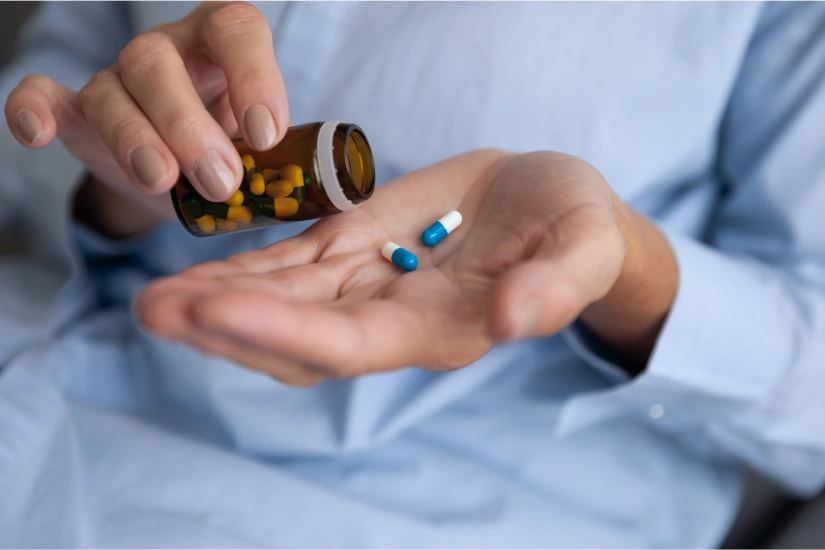24/7 Helpline:
(866) 899-221924/7 Helpline:
(866) 899-2219
Other Insurance Options

Health Partners

WellCare Health Plans

Molina Healthcare

MVP Healthcare

Magellan Health

Cigna

Holman Group

Medical Mutual of Ohio

Covered California

Private insurance

UMR

United Health Care

Lucent

Absolute Total Care

CareFirst

Group Health Incorporated

Sutter

MHNNet Behavioral Health

UnitedHealth Group

Coventry Health Care

Zion Recovery
Located in Clarinda, Iowa, Zion Recovery offers alcohol and drug rehab services. They provide reside...

Waubonsie Mental Health Center
Waubonsie Mental Health Center is a private rehab located in Clarinda, Iowa. Waubonsie Mental Health...






























































Waubonsie Mental Health Center
Waubonsie Mental Health Center is a private rehab located in Shenandoah, Iowa. Waubonsie Mental Heal...





























































